Energy is now a very prominent part of any household budget. Over time we have become familiar with a series of concepts to help us understand our electricity bills. We have learned about off-peak hours and peak hours so that we can decide when to use the washing machine or the dishwasher, and when not to. Energy saving has become a priority and so has efficiency.
The world —including the virtual world— needs energy to move. The more energy we save, the less we will exploit our natural resources and the more we will care for the planet. How can 5G technology help us achieve this goal? The mobile communications revolution will render many trips unnecessary and will optimise many types of processes. Added to this, the new generation of telephony requires dense networks comprising numerous antennas and other components. This means developing highly energy-efficient solutions to reduce the impact of mobile communications on our carbon footprint and global warming. The aim is to reduce the electrical consumption of the equipment by 10%.
The 5G network will be greener than its predecessors and will render many services more efficient by harnessing advances such as predictive maintenance, smart meters and massive use of Big Data. The EU’s economic recovery plan to counter the effects of the pandemic rests on two fundamental pillars: environmental sustainability and digitalising the economy, which in turn is based on using data via 5G networks. The idea is to boost new services and solutions in areas such as mobility, health, urban management, and industrialisation.
More efficient solutions from the energy and environmental perspective.
It is estimated that Information and Communication Technologies (ICTs) currently account for 1.4% of total carbon emissions and 4% of global energy consumption. However, 5G will be a watershed moment for the industry. Measurements show that 5G technology consumes only 10% of the equivalent 4G power, in other words, it is ten times more efficient. These energy efficiency data, measured in watts per megabits per second, or W/Mbps, are based on a more efficient technology and equipment design, making it possible to minimise the use of resources needed for data transmission. That design involves the use of algorithms to maximise how resources are switched on and off according to traffic demand.
The use of machine learning and Artificial Intelligence (AI) provides additional reliability for the system, improving 5G’s energy efficiency.
Energy efficiency is now mandatory in industry and transport, in cities and in the home. 5G will be an ally in the push to cut energy bills, preserve natural resources and face climate change. Smart management of infrastructures and devices will help us consume less energy and thus be more sustainable.
Energy can be changed from one form to another, but it cannot be created or destroyed. The First Law of Thermodynamics, which we were taught in our high school physics classes, is the most solid and universal of all the laws of nature discovered to date. 5G will be our ally in energy efficiency and saving. It will be a step forward in taking care of our world.

